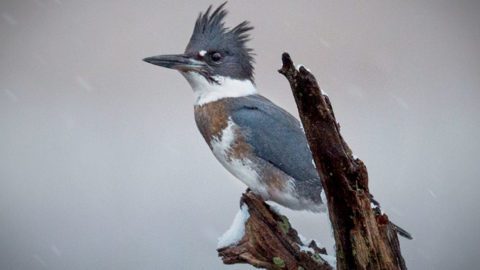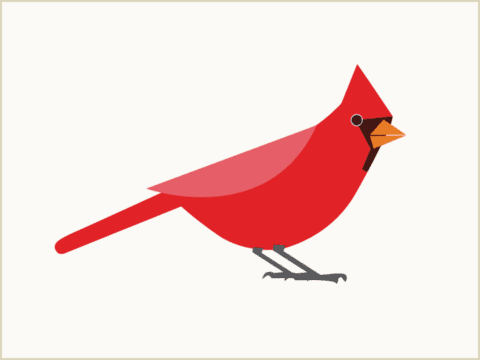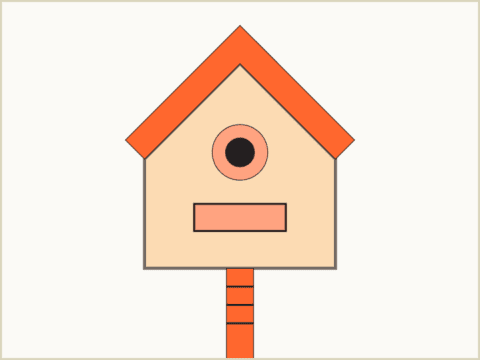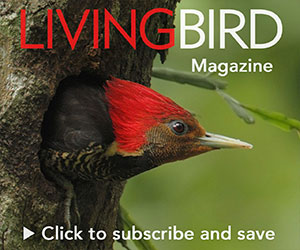View From Sapsucker Woods: The Next Chapter for the Cornell Lab
By John W. Fitzpatrick
December 20, 2020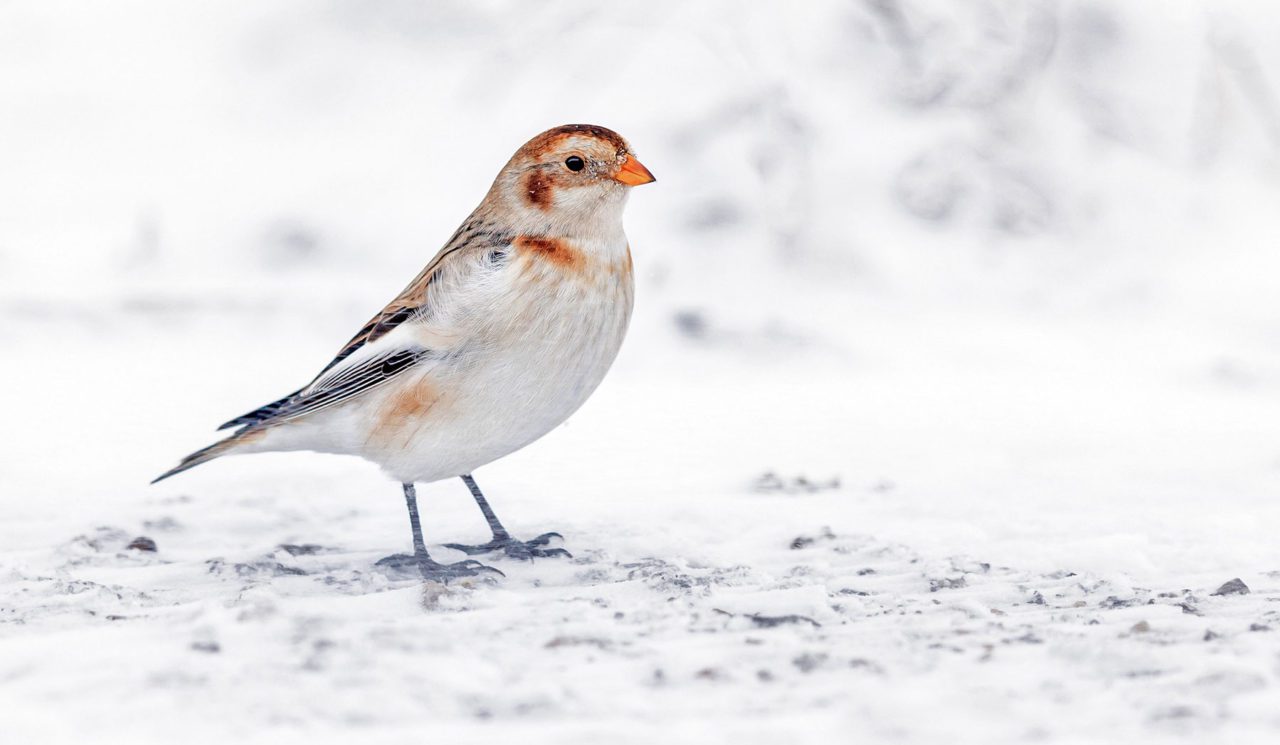
From the Winter 2021 issue of Living Bird magazine. Subscribe now.
Two years ago, the Cornell Lab of Ornithology completed an intensive self-study that culminated in our 2018–2025 Strategic Plan. Our plan outlines five overarching goals (strengthen our capacity in research and training; harness the power of big data; increase impacts on policy and conservation action; provide multiple audiences with best-in-class digital resources; and foster diversity, equity, and inclusion as a core strength) and 48 specific objectives constituting our road map for providing service and achieving impact. At our fall 2020 Administrative Board meeting (conducted via Zoom), I provided a progress report on our strategic plan goals. More on this below, but first…
Also discussed at our Board meeting was my decision to step down as executive director beginning July 1, 2021, just prior to my 70th birthday. After 26 years as director, the time for transition feels right—both for me and for the Lab.
For me, the next several years will involve winding down duties as a Cornell University professor of ecology and evolutionary biology and graduate student advisor, undertaking long-postponed research and writing projects, and reacquainting myself with watercolors. For the Lab, decades of steady growth and a recent restructuring into six enterprise centers position us to achieve our strategic objectives with unprecedented strength in all our fundamentals. We have solid financial footing, steadily growing support from more than 140,000 contributors (thank you!), a diverse and engaged Administrative Board, superb intellectual firepower and productivity, highly capable internal leadership, an extraordinary community of students and postdoctoral fellows, global leadership in citizen science, and a growing network of partnerships. In short, this is a perfect time to pass the baton to a new leader.
I leave my director’s office—and its lovely view of Sapsucker Woods—with the Lab at record strength (and, I hope, with Covid-19 on its way out). Key elements of our strategic plan are already being realized: enrollment in online learning platforms is skyrocketing; digital resources are growing exponentially, with eBird approaching 1 billion observations and the Macaulay Library housing 23 million photos; Birds of the World surpassed its five-year subscription goal just eight months after launch; two benefactors recently made significant commitments toward endowing our Center for Conservation Media; our Center for Avian Population Studies led a widely cited analysis showing the loss of 3 billion North American birds since 1970; our Center for Conservation Bioacoustics invented and has deployed thousands of acoustic recording devices (called Swifts) to partners around the world and is testing a new app that automatically classifies wild bird songs. The list could go on.
At the same time, we have important unfinished business. We must amplify leadership capacity in several key areas, including data science, information technology, data visualization, and marketing. Perhaps most important, we must work hard to broaden diversity within our staff and audiences. Constrained since last March by Covid-19 hiring freezes and remote-work meetings over Zoom, our staff nevertheless is embracing this challenge. We are engaged in ongoing, sometimes difficult, conversations about justice, equity, diversity, and inclusion in our workplace culture (special thanks to our Board member Raj Pandya for helping us in this process). This winter we begin work with Cornell’s renowned Intergroup Dialogue Project to better understand implicit bias and strengthen meaningful dialogue across our differences.
You, our supporting members, charge us with pushing ourselves to keep improving the world for birds and biodiversity, and to continue serving and inspiring people all over the world. I will continue to be immensely proud of our staff and these efforts, whether as director, professor, or passionate citizen with a lifelong love of birds.

All About Birds
is a free resource
Available for everyone,
funded by donors like you
American Kestrel by Blair Dudeck / Macaulay Library
